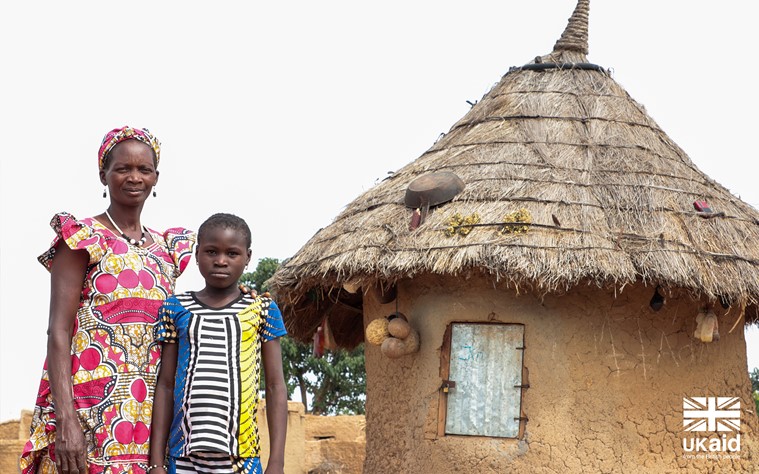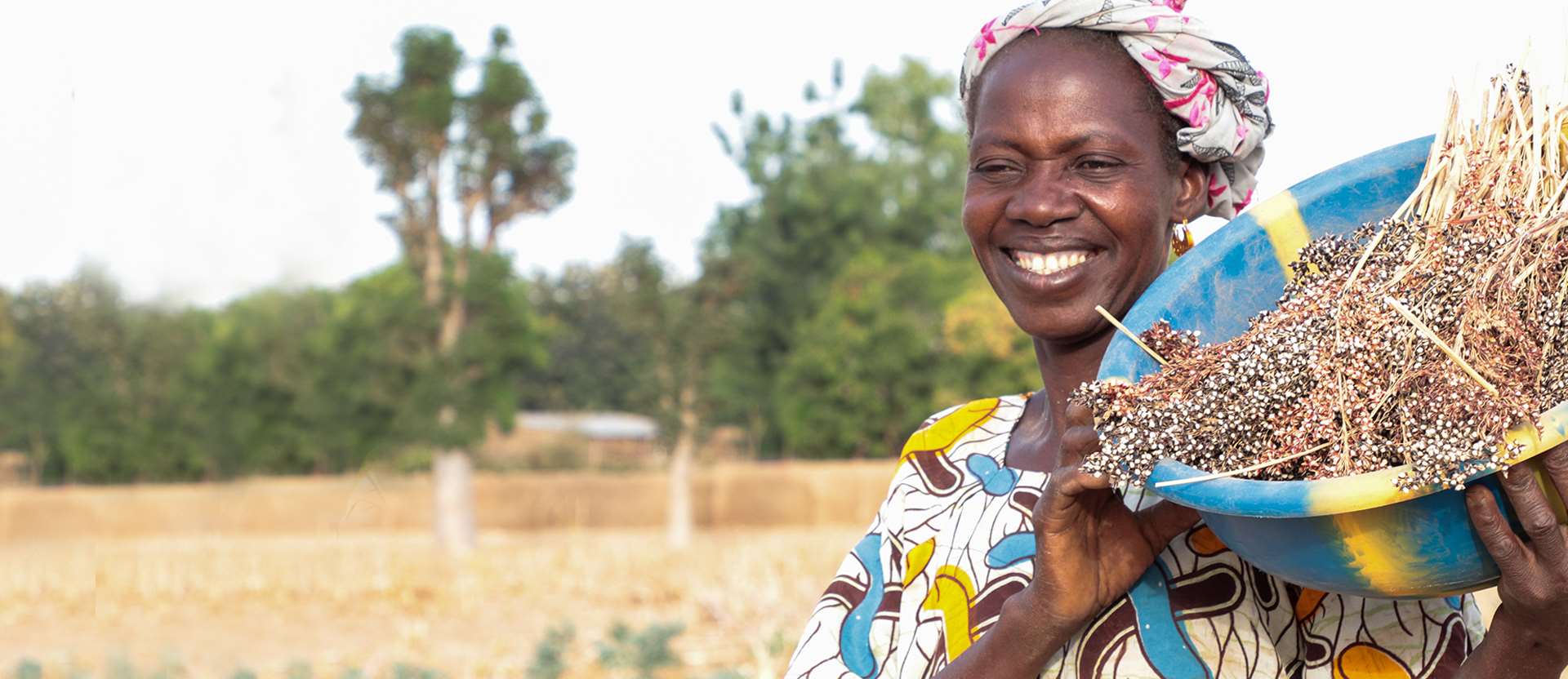
Supporting women's groups
To grow incomes and tackle the climate crisis. 04th July 2020Our She Grows project is supporting women’s cooperatives in Mali to earn a sustainable income from tree products and address the devastating impacts of the climate crisis.
In the drylands of Africa, people live in some of the toughest conditions on Earth and their livelihoods are threatened by the devastating impacts of the climate crisis. Trees provide nutrition, generate income and help to create a healthy environment; they are essential to their survival.
Earlier this year, with thanks to support from the UK public and match funding from the UK government, we began work on the She Grows project in the Koulikoro region of Mali. The aim of this three-year project is to support women’s cooperatives with the tools and training they need to save and replant their local forest, and earn a sustainable income from trees.
What are the challenges for women in Koulikoro?
While planning the She Grows project, our team in Mali spoke with some of the women in the Koulikoro region of Mali. They saw that the decision-making power at the household and community level lies almost entirely with men.
The majority of women here depend on the land for survival but deforestation, frequent droughts and the climate crisis are making this even harder. And while it is women and their households that rely on forests for income, food and firewood, engrained gender inequality in Mali means that these same women are prevented from managing the few trees that remain.
Sitan, who is participating in the project, knows first-hand how this is holding her back: “Women have the biggest responsibility of the family but they don’t have access to the means of production. If there is a lack of rain before the harvests, the women and children are those who suffer the most.”
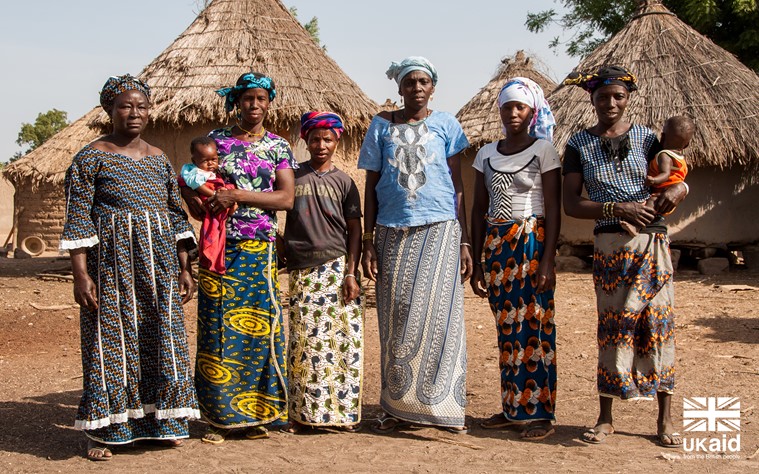
Why Cooperatives?
Through the She Grows project, Tree Aid is supporting women cooperatives to form enterprise groups and generate an income from tree products. By empowering women to gain financial independence, they will increase their ability to support their children and with it, their status in the home.
What’s more, by working together in cooperatives, this means that the groups have their common economic and social needs at the heart of what they do. Any economic benefits are shared equally and by forming larger groups, women will increase their collective voice.
Since the project got underway earlier this year, women from ten cooperatives in the region have been encouraged to form business groups, known as Village Tree Enterprise groups. In these groups, the women work together to process tree products such as shea nuts into products like shea butter which they sell at market. Profits are shared equally between the cooperative members and they support each other financially by running saving and loans schemes.
The Village Tree Enterprise groups will be provided with the tools they need to process tree products and will be trained in business activities such as financial literacy and market information gathering to help them sell their produce for a good price.
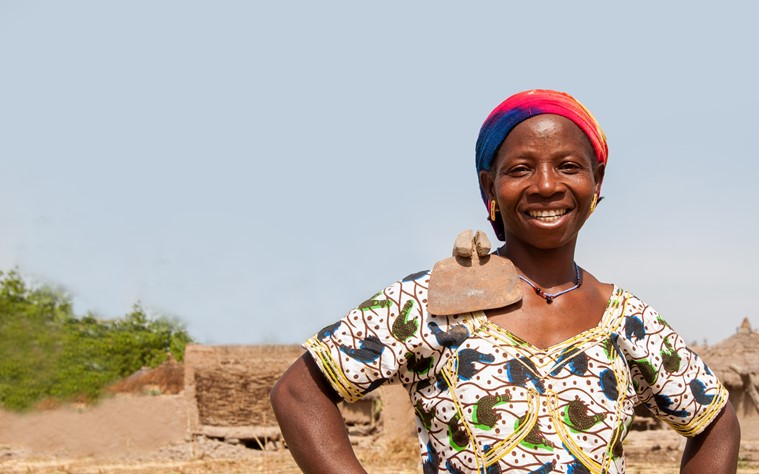
Cooperatives for Climate Action
Through the project, we are also providing women with the tools and training they need to save and replant their local forest, helping them to build resilience to the impacts of the climate crisis.
Now that the rainy season has started, communities will shortly begin planting 5,000 seedlings. Training and workshops will be underway shortly to teach women the practical skills they need to propagate seedlings, regenerate the land, and plant and care for trees. These sessions will also help to empower women’s groups to negotiate with local authorities and secure long-term access to land and trees.
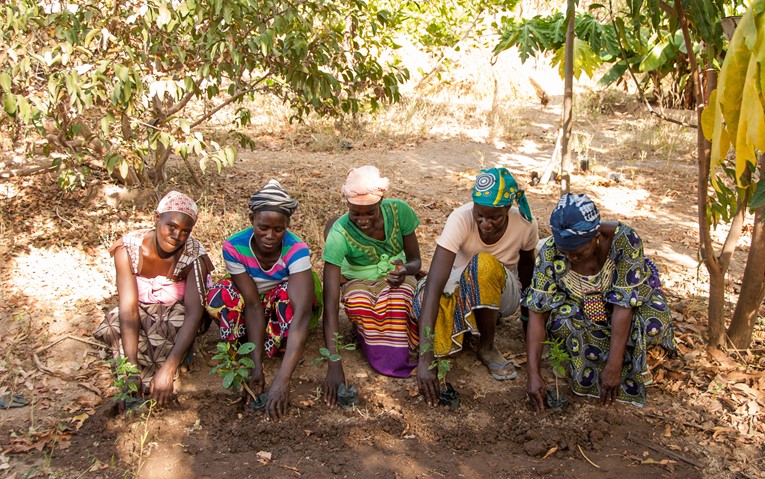
Continuing in the face of crisis
Every Tree Aid project starts with a baseline survey to measure participants’ living standards before the project, including indicators like household income, use of trees and forests and women’s decision-making powers. This helps us to effectively measure the impact of the project on beneficiaries’ lives.
COVID-19 was declared a pandemic on 11th March, just as the baseline study was getting underway. In rural communities in Mali, knowledge on coronavirus is low, and misinformation can spread easily. Our staff were able to adapt the survey to include a ten-minute section providing participants with essential information on COVID-19 such as how it spreads, who is vulnerable and what hygiene and social distancing measures can prevent its spread.
We are also adapting the way they will conduct all training sessions to ensure that social distancing is maintained during all training sessions and the people we work with are kept safe and well.
Working together is essential in the fight against poverty and the climate crisis and we are proud to be supporting women’s cooperatives in Mali to improve their livelihoods and environment.
